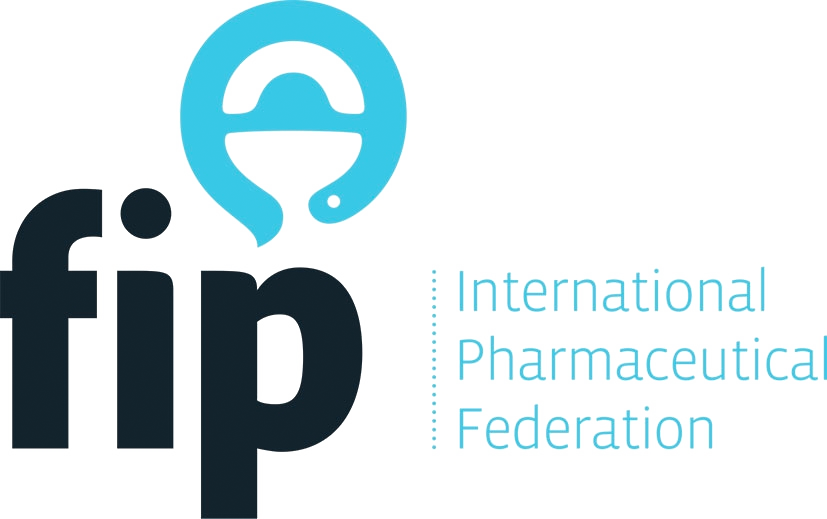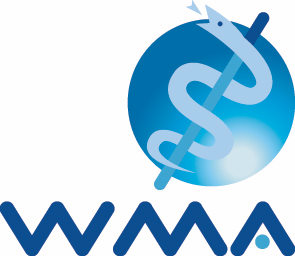May 2018
Honourable chair, distinguished delegates,
I speak on behalf of the International Pharmaceutical Federation (FIP), supported by the World Health Professions Alliance (WHPA), which represents over 31 million nurses, pharmacists, physical therapists, dentists and physicians.
We are convinced that the success of mHealth in improving access to and efficiency of healthcare services ultimately depends on the quality of care delivered by healthcare professionals (HCPs). It is imperative for countries implementing mHealth to understand the fundamental education and training needs of HCPs and the privacy and confidentiality rights of patients over their health data.
We recognise the potential of mHealth to support the provision of healthcare to patients and technical support to HCPs. mHealth should increase access to quality healthcare services. It should support and extend the reach of healthcare services to vulnerable populations who may be isolated from information and healthcare services by either geography or socioeconomic status. Furthermore, mHealth is paramount in times of public health emergencies such as improving transportation and emergency coordination.
In addition, a shortage of 18 million educated HCPs is projected by 2030. The current shortage is already making an enduring impact for billions of people globally. mHealth is a solution that can make a difference in filling this gap in the healthcare sector. mHealth-based interventions can result in greater efficiencies. With creative approaches to healthcare financing, mHealth can play a significant role in the improvement of health outcomes and sustainability of health systems worldwide. We therefore welcome the Secretariat’s engagement, particularly with regards to the development of guidelines for digital health interventions.
We also welcome the WHO’s new priorities for mHealth, specifically to build capacity and empower HCPs.
We remain committed to supporting governments in scaling-up and integrating mHealth as they strengthen their healthcare systems.
Thank you.




